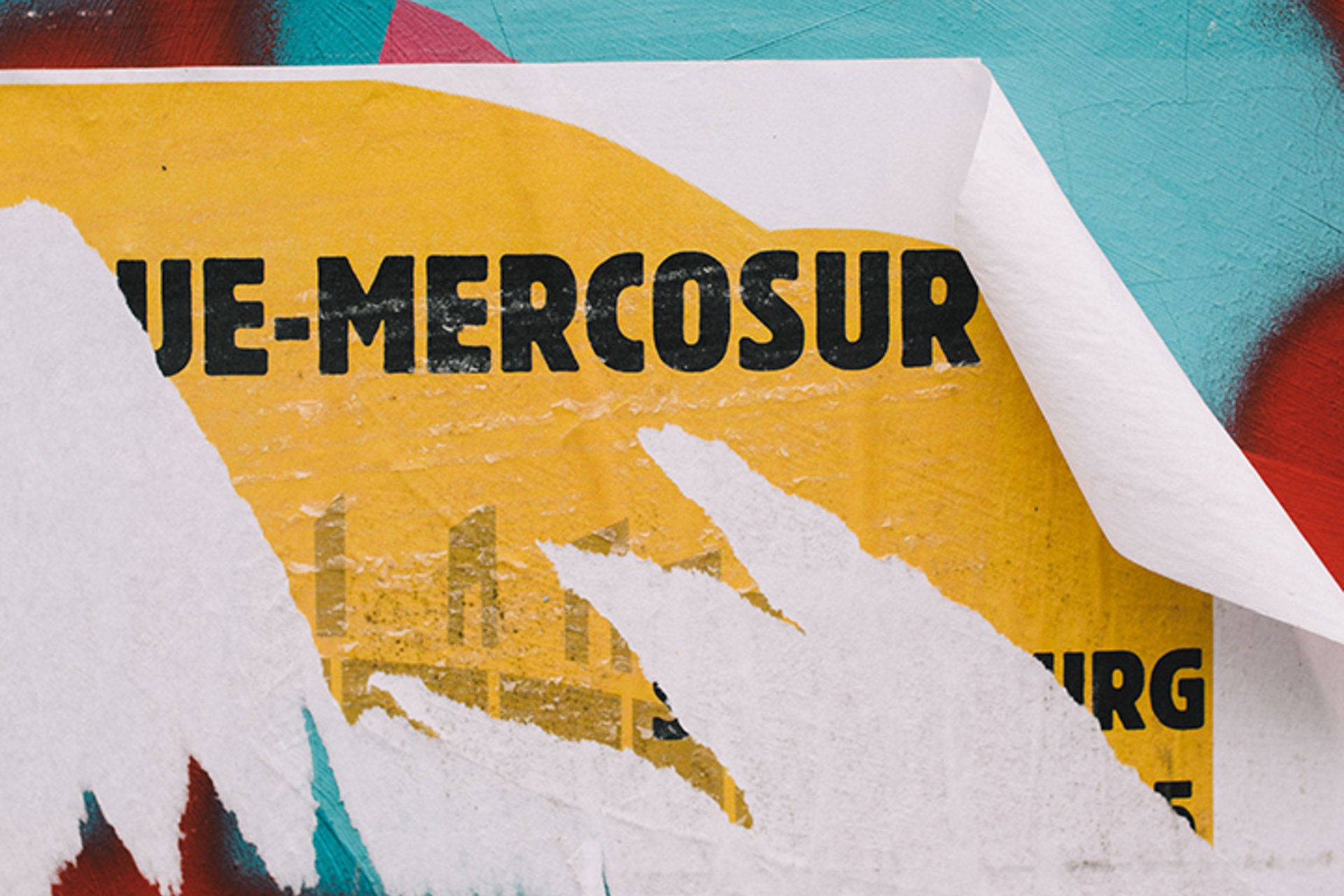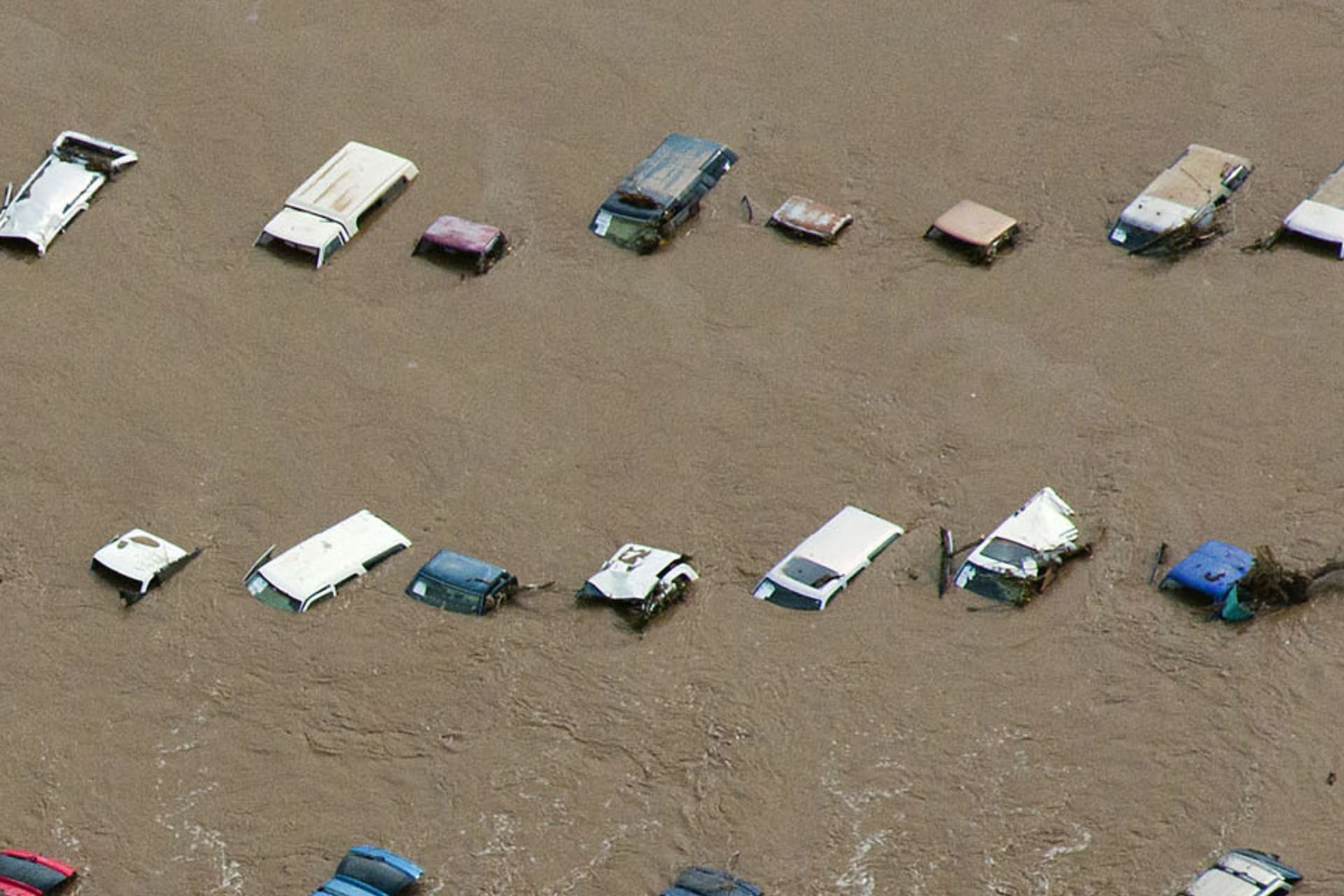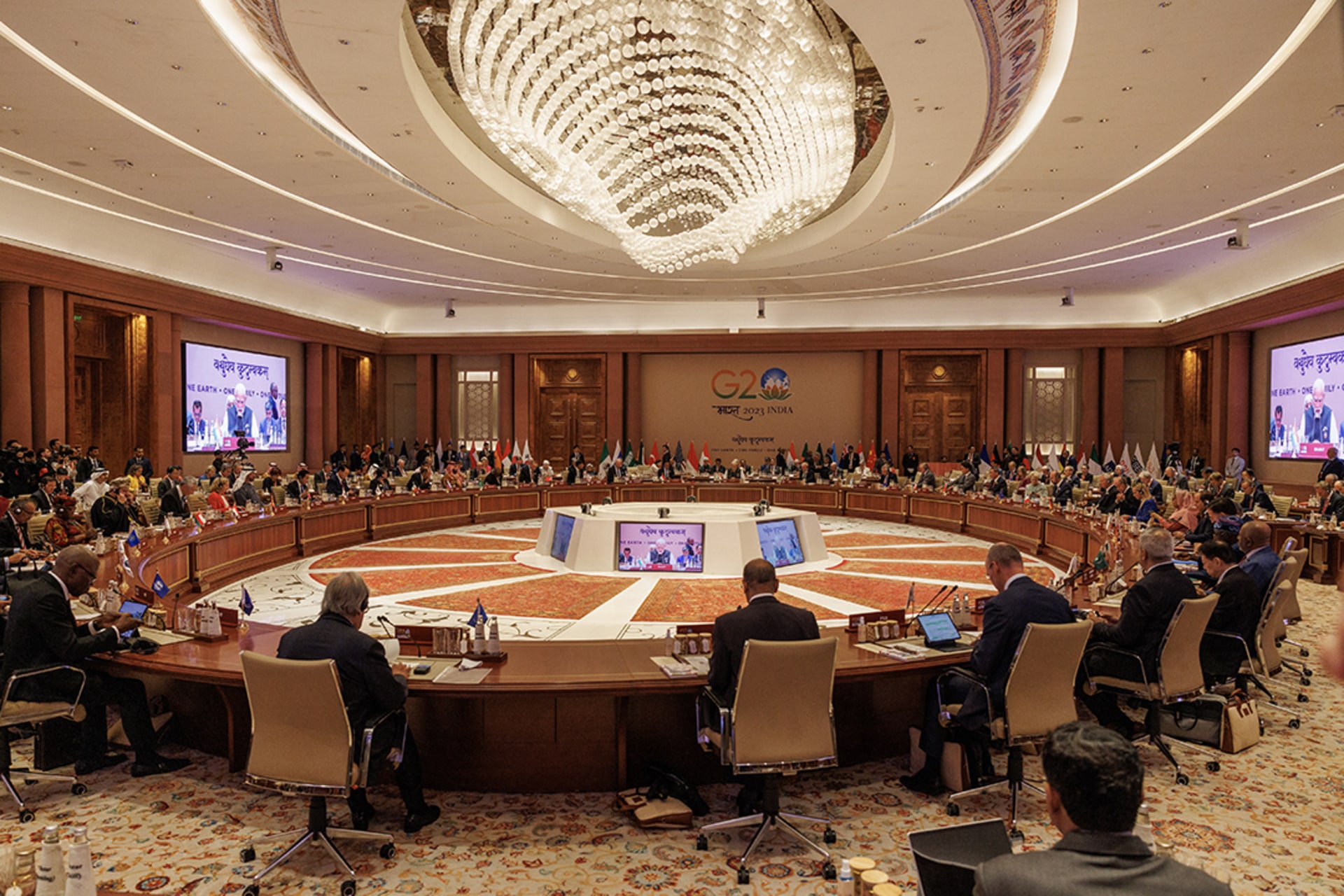IRAQ: The U.N. Role
Published
This publication is now archived.
What is the United Nations’ role in Iraq?
It is a big player on the humanitarian scene--its agencies have, for example, distributed 1 million tons of food and millions of liters of fresh water to Iraqis since April. The United Nations does not have any political authority in the U.S.-led coalition government in Iraq. But Sergio Vieira de Mello, the top U.N. official in Iraq, is discreetly carving out a political role for the United Nations by involving it in a widening range of Iraqi affairs, experts say.
What defines the U.N. role in Iraq?
U.N. Resolution 1483. It was passed 14-0 by the 15-member Security Council May 22 (Syria abstained) to legitimize the U.S-led Iraqi occupation and smooth strained relations between the United States and nations, such as France, Germany, and Russia, that opposed the Iraq war. The Bush administration resisted giving the United Nations a substantive role in Iraq, and the resolution spelled out the U.N. role in vague and ambiguous terms.
What role does Resolution 1483 assign to the United Nations?
The main tasks of the U.N. Special Representative to Iraq, the post filled by Vieira de Mello, include: “working intensively” with U.S. authorities to establish a representative government, “coordinating” humanitarian relief, “facilitating” reconstruction of Iraq’s infrastructure, “promoting” the protection of human rights, and “encouraging” international cooperation to aid the country. Until October, the United Nations is also continuing to manage the Oil-For-Foodprogram, which was established by the United Nations in 1995. It allows Iraq to sell oil to pay for imports of food, medicine, and other humanitarian supplies. Before the 2003 Iraq war, up to 60% of the Iraqi population relied on the program for food.
What is Vieira de Mello working on?
The seasoned diplomat, who arrived in Iraq June 2, has met with key Iraqi leaders and sponsored a conference in Baghdad to discuss how Iraqis could legally hold Saddam Hussein’s regime to account for human rights violations. Vieira de Mello and other U.N. officials have also advocated a larger Iraqi voice in the formation of a postwar government. The United Nations is “playing a role. It’s a discreet but very active, intensive role,” he told reporters on June 24 in his first Iraq press conference.
Which leaders has he met?
The most influential is the Grand Ayatollah Ali Mohammad al-Sistani, the reclusive, 73-year-old Shiite cleric who so far has pointedly refused to meet with representatives of the U.S.-led Coalition Provisional Authority (CPA).
What’s the importance of Vieira de Mello’s meeting with Sistani?
Sistani is widely considered the senior Shiite religious figure in Iraq; approximately 60 percent of the country’s population is Shiite. His agreeing to meet with U.N. representatives but not U.S. officials is “an attempt to send a message that the United States is being viewed as an occupying force and that the U.N. is more neutral,” said a leading U.S. expert on Iraqi Shiites, who, citing the politically sensitive situation, asked not to be named. “I would even go so far as to say it suggests the U.N. commands more credibility in the eyes of Shiites.”
Who else has Vieira de Mello met with?
Two other major Shiite religious figures: Imam Muqtada al-Sadr, the son of a revered Iraqi Shiite leader murdered in 1999 by Saddam’s regime, and Imam Mohammad Baqir al-Hakim, who founded an Iraqi opposition group, the Supreme Council of Islamic Revolution in Iraq (SCIRI), while in exile in Iran and who has since returned to Iraq.
What is the relationship between these clerics and Washington?
Both leaders, who command significant public support among Iraqi Shiites, have a tense relationship with the United States. The 30-year-old Sadr has issued strong statements criticizing the U.S.-led occupation. SCIRI--which worked with Washington as an Iraqi opposition group before the war--has fallen under suspicion for its ties to Iran and coalition forces have raided its Baghdad offices.
What did the Shiite leaders tell Vieira de Mello?
While their views varied somewhat, all expressed concern about the lack of Iraqi involvement in the U.S-led authority running the country and warned that sidelining Iraqis would lead to the failure of the coalition’s efforts. Sistani told Vieira de Mello that the coalition’s current plan to select the delegates to write a new Iraqi constitution was “unacceptable,” according to a copy of a statement Sistani gave the U.N. envoy and subsequently obtained by the Agence France Presse. Sistani’s statement called for an election in which Iraqis could select delegates and a referendum to approve the constitution. Vieira de Mello promised to convey the cleric’s views to the appropriate coalition authorities, a U.N. spokesman said.
How significant was the U.N.-sponsored human rights conference in Baghdad?
Some experts say the Baghdad meeting, held June 30-July 1, could be important. That’s because, before the war, Washington’s vision of a system to prosecute Saddam-era crimes did not include a direct U.N. role. The meeting brought together representatives of emerging Iraqi human rights organizations and U.N. and other international officials. Vieira de Mello seems to be “inserting the U.N. into the justice discussion” says Barbara Crossette, a former U.N. correspondent for The New York Times.
What else has the United Nations been doing?
Through its many affiliated assistance agencies--the U.N. World Food Program (WFP), UNICEF (U.N. Children’s Fund), UNDP (U.N. Development Program), and UNHCR (U.N. High Commissioner for Refugees)--it has used networks it developed in Iraq in the 1990’s to supply medicine, distribute school supplies, and provide food and clean water. An additional 1.2 million tons of food are scheduled to arrive in Iraq before the Oil-for-Food Program ends in October. The United Nations has also raised $870 million from dozens of countries to help pay for emergency humanitarian aid to Iraq.
Has the continued insecurity in Iraq affected food deliveries?
Yes. The U.N. humanitarian coordinator for Iraq, Ramiro Lopes da Silva, said in late June that U.N. workers faced “severe restrictions” on their movements inside the country. Aid convoys have been attacked on the road from Amman, Jordan, to Baghdad, and food warehouses have been looted.
Is there a good relationship between the United States and the United Nations on the ground in Iraq?
Vieira de Mello has called it smooth, though it is not without its sources of tension. For example, U.N. representatives are eager to maintain their neutrality from the U.S.-led occupying force as they work in Iraq, another U.N. member state. And because the wording of Resolution 1483 is vague, the U.S.-U.N. relationship is being worked out day-by-day.
How does this play out in practice?
CPA head Ambassador L. Paul Bremer and Vieira de Mello invite each other to meetings, and U.S. officials say the U.N. envoy provides advice. Vieira de Mello said he envisions himself as a “midwife” to an Iraqi interim government, which under the current plan will first take the form of a 25-30 member political council to be appointed by coalition authorities in mid-July. “They [U.S. officials] treat us as a partner, whether equal or not, I will let you judge,” Vieira de Mello told reporters.
What do the Iraqi people think of the United Nations?
Some commentators predicted that Iraqis would distrust the United Nations because of the harsh U.N. sanctions put on Iraqis for more than a decade after the 1991 Gulf War. But many Iraqis who speak with Vieira de Mello seem eager for U.N. help, reports The Washington Post. The U.N. envoy has said that while the Iraqi people’s primary goal is to have their country run by an Iraqi-led government, they also want “the U.N. to play a strong and important role in the future, not just in the short term, but in the long term.” “I think it’s false to assume Iraqis are against the U.N.,” Crossette says. “They’re [the United Nations] considered a neutral party. Sergio is getting out there, and he does represent a neutral third force.”
What is the future of the United Nations in Iraq?
It’s unclear. While U.S.-U.N. tensions appear to be abating somewhat since the diplomatic train wreck that preceded the Iraq war, the United Nations in Iraq still has “a politically marginal role,” says Arthur Helton, the director of Peace and Conflict Studies at the Council on Foreign Relations. In addition, Vieira de Mello, who is scheduled to give his first report to the Security Council in mid-July, is due to leave Iraq at the end of September— and the U.N. role in Iraq could diminish if he is replaced by a diplomat with less skill and “heft,” Crossette says. But experts add that there is an opportunity for the United Nations to step into roles, such as postwar justice and mediating U.S.-Iraqi disputes, that the coalition can’t fill. “Maybe he [Vieira de Mello] can insinuate himself into things As the U.S. gets bogged down with security, the U.N. can move into that space, and Sergio is good at that,” Crossette says.t
Colophon
Staff Writers
- Sharon Otterman





